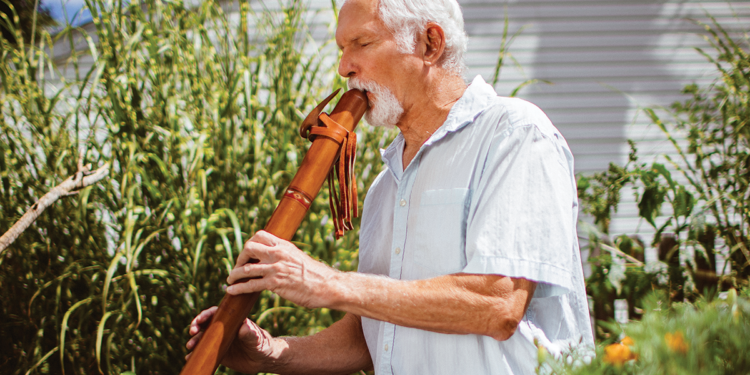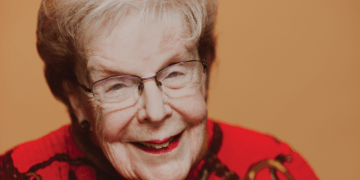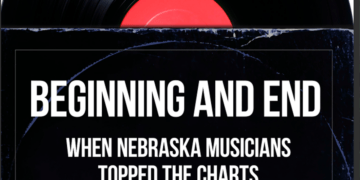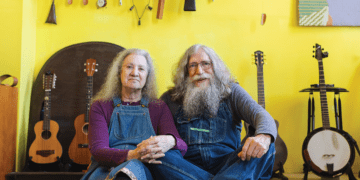Michael Murphy listens closely for the music in life, and for the message it sings:
“Music is a conversation. It’s not just you singing or playing for someone to hear, it’s about listening,” he said.
Murphy’s conversation with music started early, but his ability to hear where the music was leading him has taken him places he never could have guessed.
“I started piano when I was 6. I already loved music, but I didn’t love practicing,” he said. “I was just a wild little boy who would rather play outside with my friends that be trapped inside sitting still and focusing. Who wants to sit and focus in a Nebraska summer, stuck inside with no air conditioning and practicing your scales? Not me.”
But his paternal aunt was a piano teacher, and she lived nearby, so Murphy spent those hot summers in the ’50s and early ’60s appeasing his parents.
“I was raised a white Irish kid, but was aware that my mother was Native. She was beautiful, and I was her little boy, so I never gave it any more thought than that,” Murphy reminisced. “I didn’t realize until a lot later in life that there was some contention in my family about my parents’ marriage. My mom and dad really did a great job protecting us from all of that.
“My maternal grandfather was Mohawk and Scottish. And my maternal grandmother was Huron and French. She was from a Canadian tribe, right on the Huron fault. They always say they have no reservation, just a lake.”
Murphy’s love of music would eventually wind around his native roots, but as a teen, he knew exactly what he wanted his music to say.
“I had learned the piano out of obligation, but then I got old enough to recognize that girls were cute, and a skinny kid like me needed a hook to get their attention,” he said. “I saw the effect The Beatles seemed to have on girls I liked, so I started playing guitar and grew my hair long.”
Whatever his recipe for success, Murphy ended up landing his dream girl, Rita, and they settled down and found harmony together. He found work as a carpenter, and the pair built a home just outside of town, filling it with the sounds of their three children.
In 1984, Murphy lost his father to lung cancer, and his mother followed a year later. He immersed himself in parenting his children, but found himself listening closer for some divine instruction—guidance he found himself lacking in his parents’ absence.
“My son, he’s now a PhD and teaches at UCON, had this project on his first day of kindergarten. They were assigned to do a craft with their parents. I was thinking of my own mother, and how without her my son had lost access to knowledge of his native heritage,” Murphy recalled. “So we checked out a book on building dreamcatchers. On the last page of the book were instructions for making a flute.
“When people ask me who taught me to play, I say my mother. She never played, but in all of her talking and singing and existing, just as she was, the logic of this music was somehow planted. When I blew into it…it sounded like her voice to me. It sounded like a gentle conversation. It made me think of how my parents rarely ever raised their voices to us, and never to each other. I’ve been an orphan longer than I had parents, but the flute feels like a continuation of my mother teaching me.”
Murphy followed that sound and it created connections for him within the local Native community. He found himself being drawn into Native Rights campaigns, was invited to speak and play at fundraisers and protests, and performed once a month at the Sienna Francis House.
“Ten years ago, I was invited to play at the Smithsonian in Washington. It was such a privilege to be asked, and it felt like a once-in-a-lifetime opportunity. But Rita had been diagnosed with cancer, and as the event approached, she was hospitalized,” he said. “There was nowhere else in the world that I needed to be but beside her. She was so mad at me for passing up the event, and kept telling me that a chance like that would never come again. But the chance to be there with my wife when she needed me never came again, either.”
Murphy wouldn’t have regretted spending time with his wife no matter how the rest of the story had played out. After she passed, he found himself listening once again for direction.
“The following April I was asked to come out and play at the Keystone Pipeline protests,” Murphy said. “I didn’t have the money at the time and planned to decline, but my transportation and accommodations were somehow covered. I got to spend a week in Washington DC playing all kinds of venues. I got to play with Neil Young. All because I played the flute. And I played the flute because I lost my mother. And I try to find these moments woven throughout my life.
“The moments when the conversation is happening, and I just have to listen—so much is being said in the silence and in the rests.”
Listen to Murphy’s music on his YouTube channel, @MichaelMurphyMusic.
This article originally appeared in the November/December 2023 issue of Omaha Magazine. To receive the magazine, click here to subscribe.
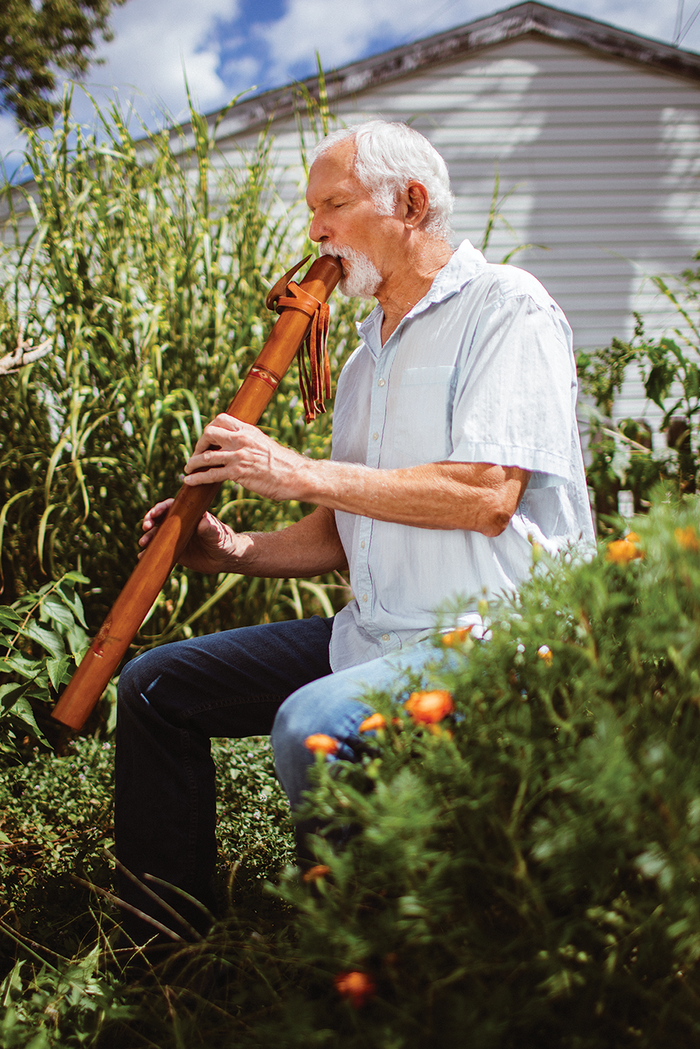
Photo by Bill Sitzmann.


